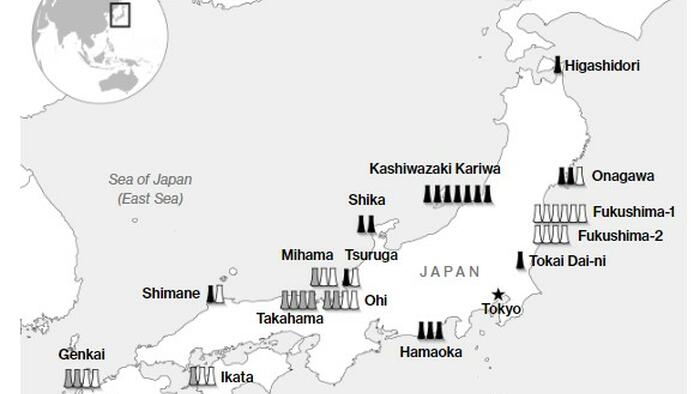The growing intersection of data centers and nuclear power is gaining attention, particularly with Ubitus K.K., a Tokyo-based company supported by Nvidia, planning to establish a new facility in Japan. Ubitus is focusing on regions such as Kyoto, Shimane, or Kyushu due to their access to nuclear energy. CEO Wesley Kuo emphasized the importance of a reliable, high-capacity energy supply for their operations, particularly for AI services. Kuo stated that, given the current landscape of energy options, nuclear power remains the most competitive in terms of cost and capacity. This assertion stands against the backdrop of ongoing controversies surrounding nuclear energy in Japan, heightened by the Fukushima disaster in 2011, which has led to stricter regulations and a limited number of operational reactors.
Notably, the nuclear energy debate extends beyond Japan, with increased activity surrounding nuclear plants in the United States, fueled partly by significant investments from leading tech companies. For instance, the Biden administration recently allocated a $1.5 billion loan aimed at restarting Holtec’s Palisades nuclear plant in Michigan, while companies like Amazon, Microsoft, and Google have begun exploring the potential of nuclear power to support their AI initiatives. These developments suggest a shift towards embracing nuclear energy as a viable solution for the growing energy demands associated with tech and AI, marking a notable revival in the nuclear sector.
In Iowa, NextEra Energy is considering the recommissioning of the Duane Arnold Energy Center, the state’s only nuclear facility, which has been inactive since 2020. During an earnings call, CEO John Ketchum highlighted the increasing inquiries the company receives about nuclear and gas energy, reinforcing the utility’s belief in nuclear power’s crucial role in the future energy landscape. Ketchum reported that the need for new power generation is projected to rise significantly by 2040, necessitating the addition of 900 gigawatts to the national grid, prompting evaluations of economically viable nuclear plants that could be brought back online.
The momentum created by these initiatives reflects a broader trend among major corporations adopting nuclear energy as part of their long-term strategic plans to meet energy demands effectively. The renewed interest in nuclear energy, parallel to the growing pursuits in AI and technological advancements, presents countless investment opportunities and highlights the ongoing evolution of energy needs within these sectors. Investors are keen to capitalize on this synergy, as evidenced by various investment opportunities identified in the context of the “Next AI Trade,” which aims to position stakeholders favorably in an energetically demanding future.
The resurgence of nuclear power as a crucial component of energy generation aligns with the aspirations of major technology players and the pressing need to mitigate carbon emissions, making it an attractive option in the transition towards cleaner energy. The long-term implications of these advancements will likely shape energy production strategies moving forward, as both the tech industry and nuclear sector find common ground in addressing sustainability challenges while enhancing computational capacities.
As nuclear power gains traction among data centers and major corporations, it is essential to recognize the associated risks and regulatory hurdles. The complex relationship between energy production and environmental safety remains a significant concern for stakeholders, especially in regions where historical events, such as Fukushima, have created lasting wariness towards nuclear energy. The balance between accelerating technological progress and ensuring sustainable energy practices will be pivotal in determining the future landscape of both the nuclear industry and broader energy consumption trends in advanced technology sectors.

